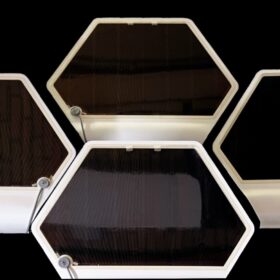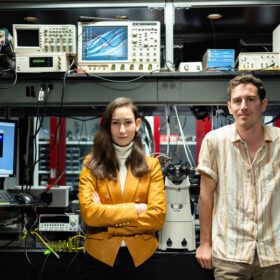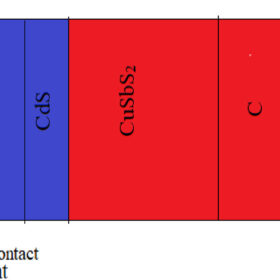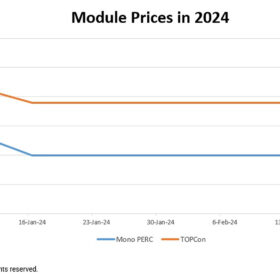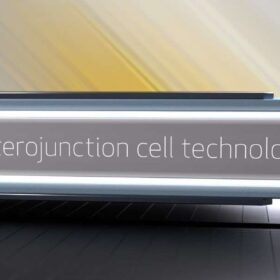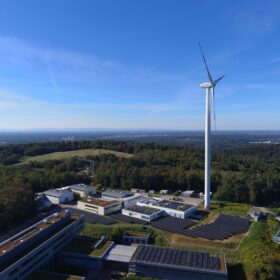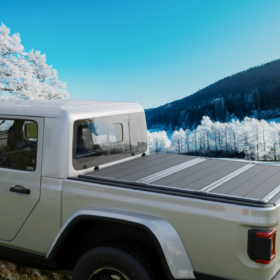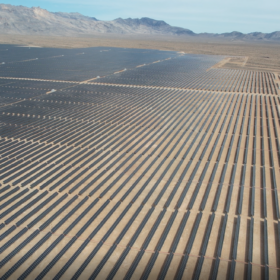Indian government approves $9 billion rebate scheme for residential PV
India’s residential rooftop solar scheme provides central financial assistance (CFA) equating to 60% of system costs for 2 kW systems and 40% of the additional costs for systems between 2 kW and 3 kW of capacity. The CFA will be capped at 3 kW.
Pneumatic PV facade with solar trackers
A group of researchers in Germany has designed a novel PV façade using two actuators that allow bending in two directions. The PV functionalization of FlectoSol aims for an energy self-sufficient shading system.
MIT research provides roadmap to perovskite passivation
Research teams have developed methods for perovskite passivation, but there hasn’t been a clear understanding of how the process works. A new Massachusetts Institute of Technology (MIT) study provides details on how to passivate the material’s surface so the perovskite no longer degrades so rapidly or loses efficiency.
New copper antimony sulphide solar cell design promises 16.17% efficiency
A group of researchers has made another attempt to design solar cells based on non-toxic and earth-abundant copper antimony sulfide. The proposed cell architecture is the result of the optimization of the device’s layer thicknessess.
Module prices steady as market mulls price hikes
In a new weekly update for pv magazine, OPIS, a Dow Jones company, provides a quick look at the main price trends in the global PV industry.
REC launches 430 W heterojunction solar module with 22.2% efficiency
REC has developed a new series of residential heterojunction solar panels with efficiencies ranging from 20.6% to 22.2% and an operating temperature coefficient of -0.24% per degree Celsius.
BayWa, Ampt add solar to wind-flow battery project without own inverters
BayWa re and Ampt, in collaboration with the Fraunhofer Institute for Chemical Technology (ICT), have developed an innovative and technically challenging hybrid system featuring 690 kWp of rooftop and ground-mounted PV, a 2 MW wind turbine, and a 10 MWh flow-battery energy storage system.
Polysilicon shipments into China fall to lowest level since 2011
Bernreuter Research says the volume of polysilicon shipments into China dropped 28.5% year on year in 2023 to the lowest level since 2011. It predicts that imports could fall by another 40% this year.
U.S. startup offers solar kit for VIPV applications
Worksport, a U.S. technology company, has announced a protective cover for pickup trucks fitted with solar PV modules. The kit includes a battery and an inverter and is meant to be a portable power source for leisure activities, such as camping, or as a temporary backup to recharge electronics or small appliances during power outages.
Solar at ‘twice the natural capacity factor of the sun’
Eland Solar 2 and Skeleton Creek are two high-capacity factor renewable power plants moving through development.

